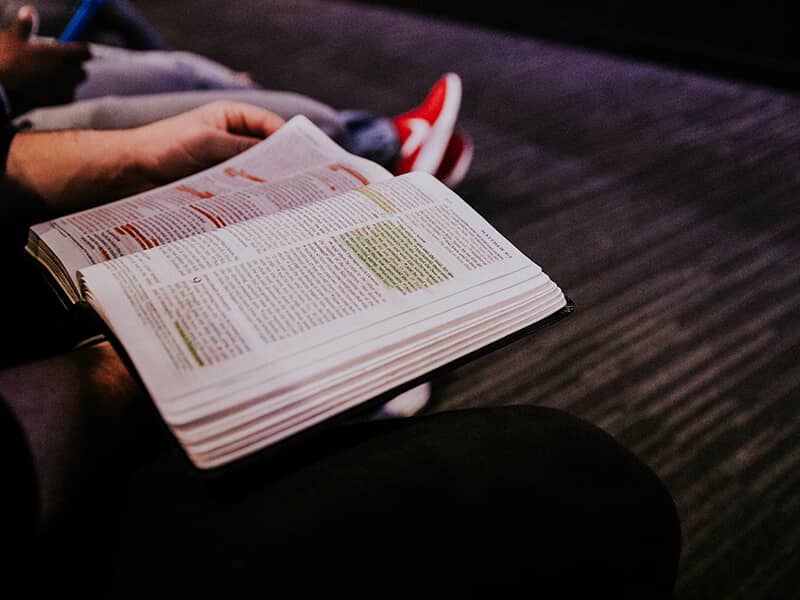DAN HARRIS:
Jose Morales got out of prison yesterday, 13 years after he and another man
were convicted of murder.
Morales was liberated by the testimony of Father Joseph Towle, who told
the court that shortly after the murder, a young man named Jesus Fornes
admitted to him that he committed the crime in this park in the Bronx.
Fornes has since died, but the priest says he is doing exactly what Fornes
would have expected him to do.
FATHER JOSEPH TOWLE:
And I truly believe that at this moment, 13 years later, I have done what
he wanted me to do. And I have fulfilled the purpose that he had 13 years
ago.
DAN HARRIS:
Under Catholic law, priests are--under no circumstances--allowed to break
what's called "the sacred seal of confession."
For example, Robert Hanssen confessed his early espionage to his priest, who
kept the secret despite the fact that enormous national security damage
might have been averted.
Father Towle, however, insists his conversation 13 years ago with Jesus
Fornes was not a confession--merely counseling.
Catholic law scholar John Beal:
FATHER JOHN BEAL, CATHOLIC UNIVERSITY:
If it was not a sacramental confession, then there is no reason why he
cannot and at this point should not come forward to exonerate two innocent
young men who have been in prison for 12 years.
DAN HARRIS:
No matter what Catholic law says, the district attorney says Father Towle
is breaking state law. Prosecutors argue a conversation between a priest and
a parishioner is privileged--similar to the way in which doctor-patient and
attorney-client conversations are privileged. They want Jose Morales back in
prison.
Many legal scholars disagree.
MICHAEL MARTIN, FORDHAM LEGAL SCHOLAR:
The priest did not break the confidentiality code because the man who went
to the priest went in order to figure out how they could let other people
know that he was the man who committed the crime.
DAN HARRIS:
The priest says he has only one judge: God.
FATHER TOWLE:
Gentlemen, I have never been at more peace in my life, if that matters to
anybody.
2016-07-27
2016-07-27
Join Beliefnet Today!
more from beliefnet and our partners

